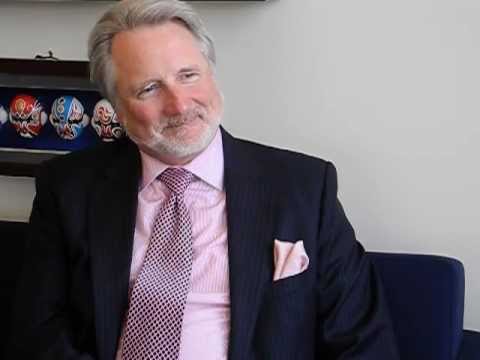
G. Stephen Burrill is charged with 26 counts of wire fraud and one count each of investment adviser fraud and tax evasion. He faces up to 30 years in federal prison and up to $7 million in fines following his indictment this week.
G. Stephen Burrill faces up to 30 years in federal prison and up to $7 million in fines following his indictment this week on charges that he fraudulently siphoned money from a life sciences investment fund he managed and evaded federal taxes.
Burrill is charged with 26 counts of wire fraud and one count each of investment adviser fraud and tax evasion, in what federal prosecutors allege was a scheme to siphon money from the $283 million investment fund Burrill Life Sciences Capital Fund III, most of whose capital had been committed by limited partners.
In their 34-count indictment, federal prosecutors alleged that from December 2007 through October 2013, Burrill induced the limited partners to contribute capital to the fund through false and misleading letters, then caused the fund to transfer millions of dollars in management fees to companies he controlled—money exceeding the management fees due and allowable under the fund’s governance agreements.
“By September 2013, Burrill caused the Fund to transfer to the Burrill entities more than $18 million in excess of the management fee then due under in the LPA [Limited Partnership Agreement] (including an amount beyond what would ever be due),” the indictment stated.
Burrill, a onetime audit partner, in 1994 established a financial services firm bearing his name that focused on financing of biotech and other life sciences businesses. As owner and CEO of Burrill & Company and a number of related entities, Burrill allegedly managed investment funds that included Burrill Life Sciences Capital Fund III.
In March 2014, Burrill was removed as general partner of the fund by 13 institutional investors who alleged the fund engaged in willful or reckless misconduct. The institutional investors included businesses such as Monsanto, Unilever, and Celgene, as well as the Oregon Investment Fund and the Treasury of the State of North Carolina.
The federal indictment also alleged that Burrill filed false and fraudulent U.S. individual income tax returns (Form 1040) which understated his income by excluding money he transferred out of the fund and into accounts he controlled. Burrill’s returns showed losses of $245,870 for 2011, $875,845 for 2012, and $850,491 for 2013
30 Years, $7M Fines if Convicted
If convicted, Burrill faces a statutory maximum sentence of 20 years in prison and a fine of $250,000 or twice the gross gain for each count of wire fraud; five years in prison and a $250,000 fine for investment-adviser fraud; and five years in prison and a $250,000 fine for tax evasion.
Burrill was arrested September 18 and is scheduled on October 2 to make an initial appearance in U.S. District Court for the Northern District of California in San Francisco.
Last year, Burrill and his financial services firm agreed to repay $4.785 million, plus pay a $1 million penalty, to settle U.S. Securities and Exchange Commission charges that he siphoned money from a fund managed by the firm.
Burrill removed $4.785 million from the fund to sustain other struggling businesses he owned, the SEC said, as well as support a “lavish” lifestyle that included family vacations to St. Barts and Paris as well as jewelry, gifts, car service, and private jets.
Burrill also agreed to be permanently barred from the securities industry.
Also charged with Burrill in the indictment was his preparer of the disputed tax returns. Marc Howard Berger has been charged with three counts of aiding and assisting in the preparation of a false tax return.
Federal prosecutors allege that Berger willfully assisted Burrill in preparing and presenting to the IRS three income tax returns in which Burrill understated his income.
Berger faces a statutory maximum penalty of three years in prison, if convicted of aiding and assisting in the preparation of a false tax return.
Berger pleaded not guilty on September 18 following his arraignment by Federal Magistrate Judge Sallie Kim, and is due to return to court before District Judge Richard Seeborg on October 3.



